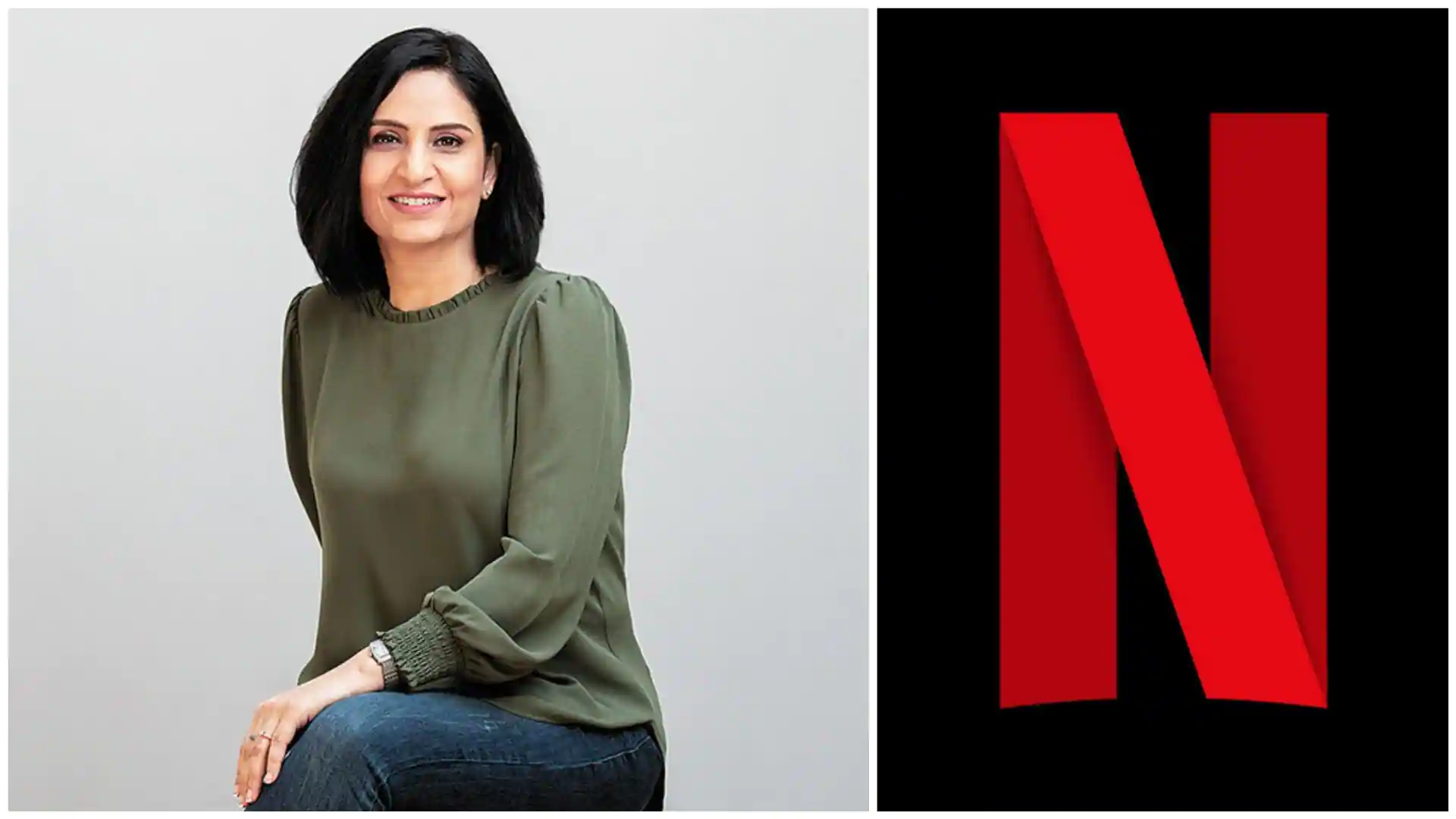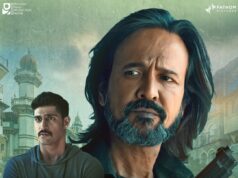Netflix India’s creative director on journalism and linear programming lessons, Netflix’s India breakouts, identifying OTT talent, and flourishing five years after a cancer diagnosis
It takes about a month of back-and-forth emails between the Netflix India publicity team and me outlining interview briefs and tentative questions to get Netflix India’s creative boss, Monika Shergill, to sit down over herbal tea and talk about what tier 1 and 2 India will be watching in the coming years.
Netflix is well-known throughout the world for not only its strict hiring and firing procedures, but also for how it handles the media. Our meeting at the Renaissance Hotel & Convention Centre in Powai, Mumbai, defies the exact formal expectations that seemed to foreground the interview.
Shergill, 47, dressed casually in a black T-shirt, denim leggings, and a long, diaphanous white mulmul shrug, isn’t as adept at setting the agenda as I had hoped. “I promise you, in the next few months to a year, you will see what I mean when I say we are serious about diversity—be it in original writing voices, acting talent, or genres,” she says barely half an hour into the conversation, as topics veer from her criteria for choosing Indian originals to Bollywood’s dominance on OTTs. When our new slate hits in a few months, I’ll be answering a lot of different questions.”
The epidemic has expedited the trend to streaming for obvious reasons. Shergill claims that the need for innovation is far higher than it was even three years ago: “As we’ve seen on Netflix, Indian consumers are much more receptive to experimenting with stories from diverse cultures than they were previously.” Beyond Hollywood, interests have shifted to K-dramas, Spanish soap operas, and anime. Even format innovation has increased, with viewers viewing many more documentaries, reality programmes, and hybrid forms.” Sacred Games and Delhi Crime, she argues, are two Indian programmes that still stand out throughout the world.







